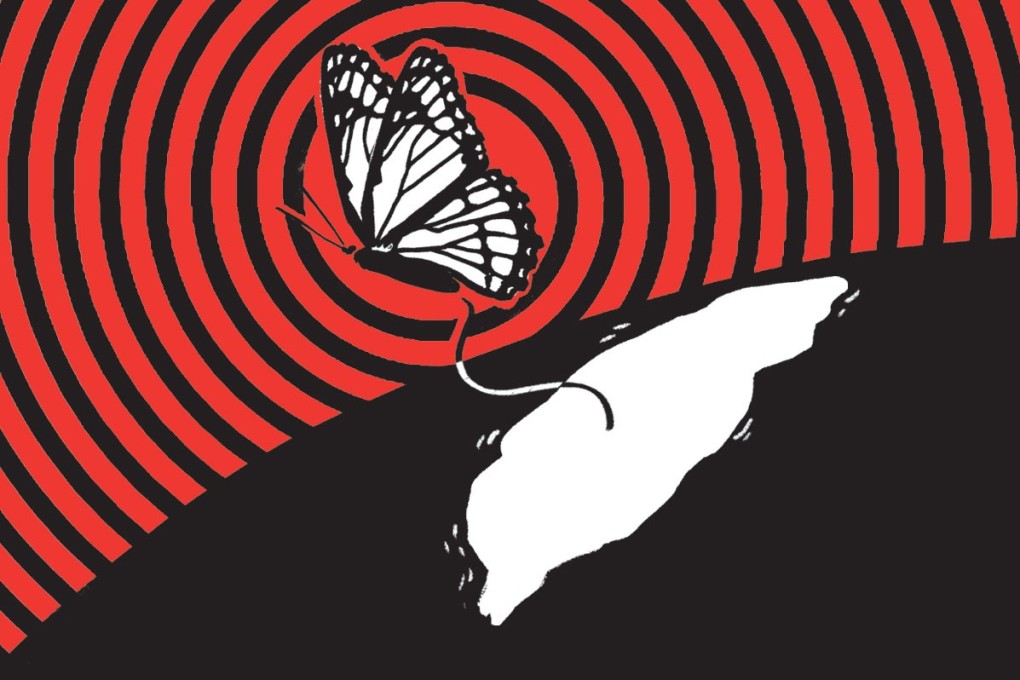From a murder case to the death of ‘1992 consensus’, Taiwan’s high stakes in the Hong Kong protests
- In a series of in-depth articles on the unrest rocking Hong Kong, the Post goes behind the headlines to look at the underlying issues, current state of affairs, and where it is all heading
- Here we look at the butterfly effect of a murder case cited as the reason for the extradition bill that spurred the demonstrations, and why Taiwan is watching

These days, staff at the Purple Garden Hotel are reluctant to discuss the case, in which Chan, 19, was accused of killing Poon Hiu-wing, 20, just days after checking in. In a statement, the hotel operator said that Poon’s father came a month later and requested surveillance footage of the young couple’s stay, which the hotel said it was glad “finally led to police breaking the case”.
Critics noted that the bill would establish extradition to any jurisdiction that Hong Kong lacks a formal agreement with, including Taiwan, but more significantly to Hongkongers, mainland China.

Since June, hundreds of thousands of Hongkongers have repeatedly taken to the streets to voice opposition to the bill, which has since been suspended, and called for investigations into police actions against protesters.
Ever since the Chan case, Taiwan has been tied to the extradition bill and ensuing protests. Those protests, now entering their 12th week, have become the most dominant topic in news and everyday discussion in Taiwan.